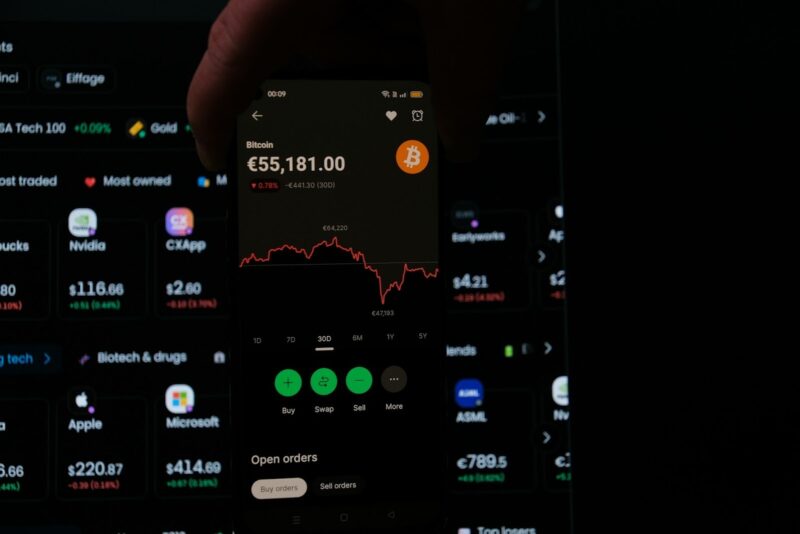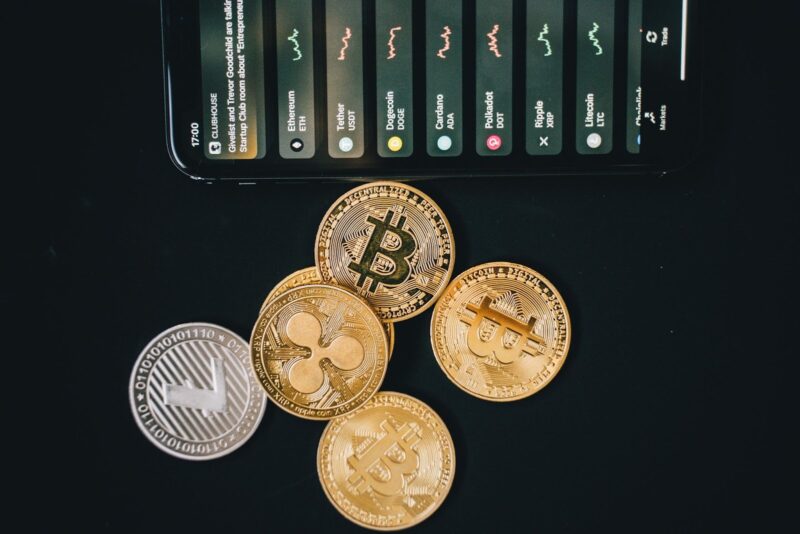Table of Contents
ToggleMeasurement of these two activities frequently reveals a huge differentiation between them in public opinion. Both activities require a different focus since one depends on luck and the other on skill understanding.
Well, not exactly. The activities require risk exposure together with probability analysis and necessary strategic advantages.
Losing money becomes certain when you cannot understand how casinos earn their edges through house advantage and trading operations to achieve market advantage.
Big financial institutions, together with casinos, maintain constant profitability because of their system advantages.
The reason why most traders, along with gamblers, lose their money can be easily understood by following these steps.
Most importantly, which methods prevent traders from becoming losers in casino games?
What Is the House Edge? (And Why the Casino Always Wins)
This is the built-in mathematical advantage that anonymous casinos rating have over players. It means the casino always makes money.
Some examples:
- Roulette: If you bet on red or black, you’d think you have a 50/50 chance. But because of the green 0 (or 00 in American roulette), the odds tilt slightly in the casino’s favor.
- Blackjack: Even with perfect strategy, the house still has a small edge unless you count cards (which casinos hate).
- Slot Machines: These can have a house edge of 5-15%, meaning you lose $5-$15 for every $100 played on average.
Now, this edge doesn’t mean a player can’t win big in the short term. But the more they play, the more they give their money back. The house edge isn’t about one bet – it’s about thousands.
What Is the Market Edge? (And Why Most Traders Lose)
Just like casinos have an edge over gamblers, financial markets favor institutions, hedge funds, and market makers.
While retail traders think they have a fair shot, the system is designed to make it hard for them to win long-term.
High-Frequency Trading Creates an Unfair Race
Big firms use high-frequency trading (HFT) to execute trades in milliseconds before the average trader can even blink.

Their algorithms adjust prices instantly, so they profit while retail traders pay more. This speed advantage makes it almost impossible for smaller traders to compete fairly.
Market Makers Control the Playing Field
Market makers set bid and ask prices, profiting from the difference between what traders buy and sell for.
In volatile markets, they adjust prices quickly, often leaving retail traders behind. While they provide liquidity, they also make sure the market works for them.
Emotional Trading Leads to Bad Decisions
Fear and greed make most traders buy high and sell low, chasing trends instead of having a plan.
Like gamblers who can’t walk away, they make impulsive decisions that blow up their accounts. Without discipline, the market takes more than it gives.
Leverage Will Wipe You Out
Many traders use borrowed money (leverage) to chase bigger profits, but this increases risk.
When trades go bad, they don’t just lose what they put in – they owe more. Overleveraging is the fastest way to lose everything in trading.
How to Not Lose Like the Rest
Good news? Some people do win in both gambling and trading. But they don’t play like the average person.
They get the system, manage risk, and control their emotions.
Know the Math or Lose
In casinos, the house edge means you’ll lose over time. In trading, markets are influenced by insiders, algorithms, and institutions.
If you don’t know how the system works, you’ll always be at a disadvantage.
Manage Risk Like a Pro
Winning gamblers set strict loss limits and never chase their losses. Smart traders risk only a small percentage of their accounts per trade to avoid blowing up their accounts.
The key is simple: never risk what you can’t afford to lose.
Control Your Emotions
Fear and greed lead to bad decisions in both gambling and trading. Professionals follow a system, not their feelings.

If you’re making impulsive moves, you’re not playing a strategy – you’re just hoping for luck, and luck doesn’t last.
Find a Real Edge
In gambling, the only real edge – card counting in blackjack – is banned in most casinos. In trading, an edge could be a proven strategy, technical analysis, or market trends.
If you don’t have one, you’re just another losing player feeding the system.
So, Should You Gamble or Trade?
Honestly? Neither – unless you know what you’re doing
- If you want to gamble, treat it as entertainment, not income.
- If you want to trade, study risk and strategies and don’t think you’re smarter than the market.
- Both require understanding the system, not just hoping to win.
Winning is possible in both, but only for those who study the game, manage risk and stay disciplined.
Otherwise, you’re just another player feeding money into the system.
Conclusion
Whether you’re at a casino or trading in the markets, the system is designed to take money from the majority.
The house edge ensures that casinos always win over time, while hedge funds, market makers, and high-frequency traders dominate financial markets.
The average gambler and retail trader are up against forces they don’t fully understand, and that’s why most lose.





